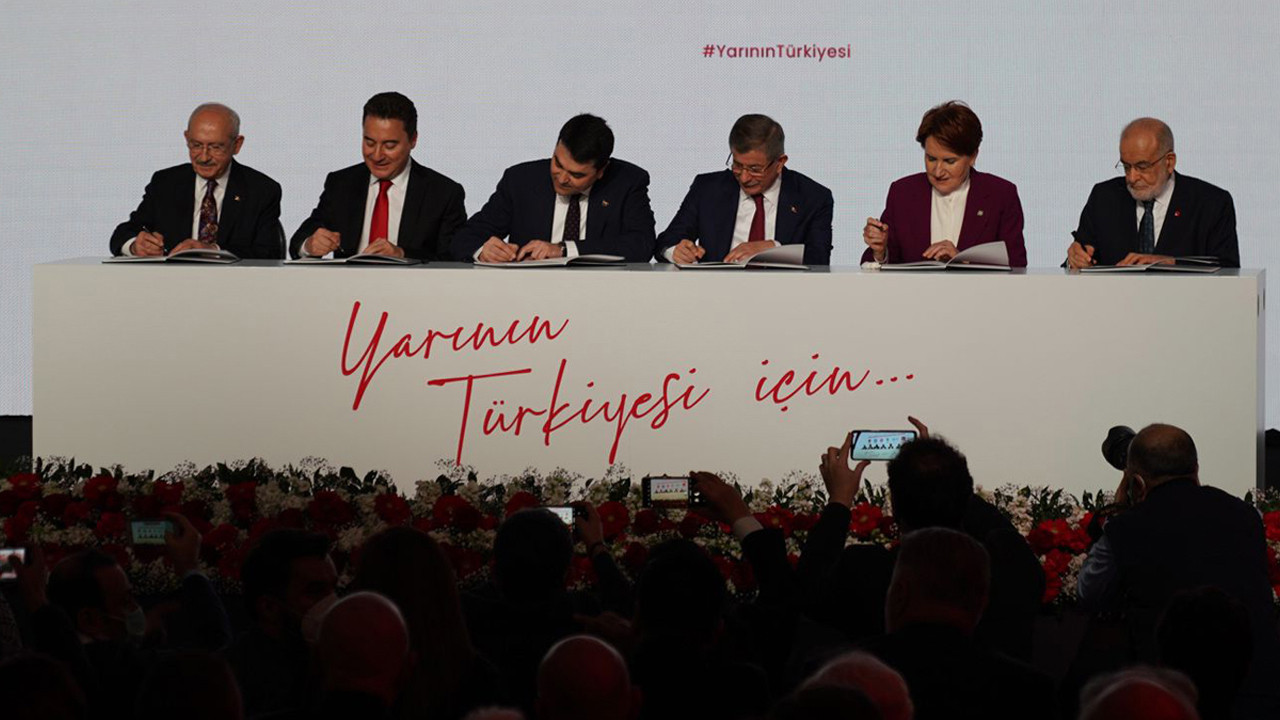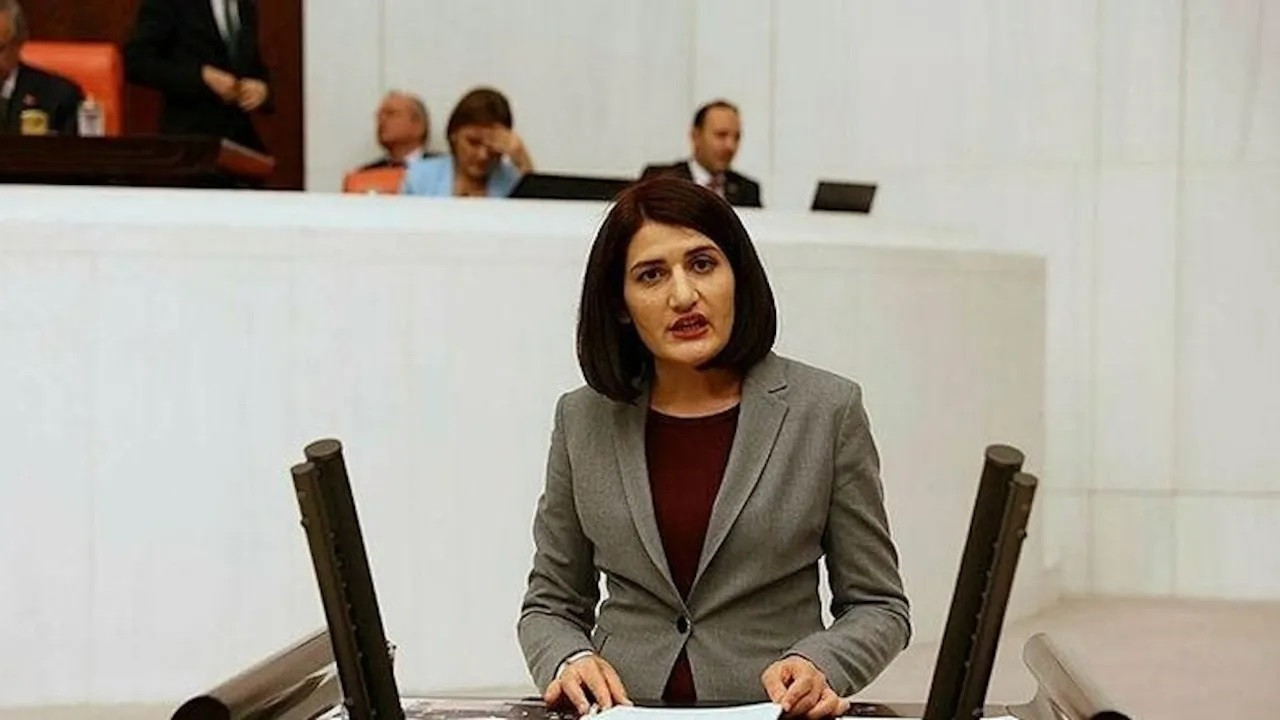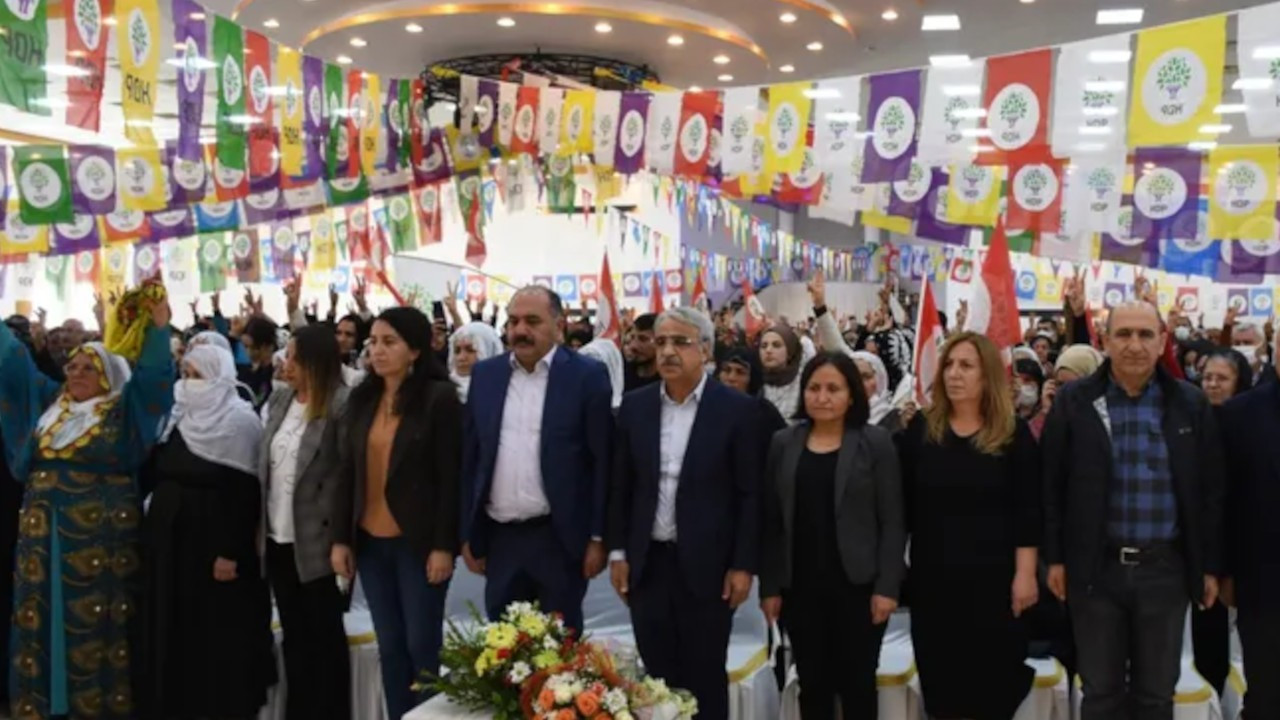Turkish opposition's proposal for change of system fails to address Kurdish issue, experts say
According to experts, the plan put forth by six opposition parties for a transition to a renewed parliamentary system fails to address one of the country’s most pressing problems: the Kurdish issue.
Serkan Alan / DUVAR
Experts say that the memorandum of understanding, entitled “Turkey of Tomorrow,” announced by six opposition parties outlining the transition away from the current executive presidential system, fails to sufficiently address the Kurdish issue.
The plan was announced by the six opposition parties -- consisting of the main opposition Republican People’s Party (CHP), center-right İYİ (Good) Party, Islamist Felicity (Saadet) Party, Democracy and Progress Party (DEVA), Future (Gelecek) Party and Democratic Party -- on Feb. 28 after weeks of meetings.
The plan expands on the opposition’s previous plans for a return to a parliamentary system and outlines a complete shift in governance away from the Justice and Development Party (AKP).
Roj Girasun, a researcher at Rawest research in Diyarbakır, said that the memorandum signed by the six parties did not include a “special agenda” to address the inequities, violence, and suppression faced by Kurdish people in Turkey.
“There is nothing in the text about the essence of the Kurdish issue,” Girasun said.
He further said that the agreement actually “lagged behind” the “Dolmabahçe Agreement” signed between the AKP and the pro-Kurdish People’s Democratic Party (HDP) in February 2015, before the breakdown in government peace talks with the Kurdistan Workers’ Party (PKK).
“There is no confidence among the Kurdish voters that the opposition can resolve the Kurdish issue in terms of the six-party consensus,” he added.
He said that the agreement and the opposition both need not directly solve the issue, but should create the space for a resolution of the Kurdish issue to be discussed, that will “allow it to be talked about.”
Despite a lack of specific protocols for Kurdish votes and the Kurdish community, he said, the plan envisages a return to some form of normalcy. This will likely draw Kurdish votes towards an opposition - however, he said, it does not yet create confidence among Kurdish voters that the opposition will be able to rule Turkey in a way that will better their situation.
Kurdish voters view a vote for the opposition as a “necessity” at this point, Girasun said.
Dicle University Faculty of Law professor Vahap Coşkun highlighted the points of disagreement between the six opposition parties, including how the president should be elected, and therefore should be seen only as a draft, an outline of the points the parties agree upon.
The plan addresses the things Turkish citizens most distinctly suffer from, he says, including “restriction of freedom of expression, a public administration contrary to merit, and the destruction of areas of rights and freedoms.” However, Kurds suffer from all of these issues more acutely, and therefore the opposition should take steps specific to that community. In particular, he said, they should address the issue of trustees that have been appointed by the AKP in place of HDP mayors - this is something that all of the parties have a consensus on.
“The trustee is a practice that abolishes the most fundamental right of the Kurds, the right to vote and be elected, and de facto deprives them of the right to vote and be elected. The trustee issue is undoubtedly directly related to the Kurdish issue,” he said.
Now that the parties have united and are seen by the public as a coalition, he said, they need to align their viewpoints on many things, including the Kurdish issue. The public, not just the Kurdish community, will expect them to develop a comprehensive, united approach to better the situation for the Kurdish people in Turkey. However, this will be difficult given the party’s varying perspectives on the issue.
“It is difficult to find a consensus among the six political parties on these issues, at least a consensus that will bind them publicly in the elections. It is very likely that such issues will be glossed over in more general terms within the perspective of Turkey's democratization,” Coşkun said.
Dr. Abdullah Kıran, professor of Political Science and Public Administration at Muş Alparslan University, concurs. He doubts that the coalition - considering some of its more Turkish nationalist elements - will be unable to craft a viable solution. He says he has not seen a plan from the CHP or İYİ Party.
"At some points, İYİ Party does not recognize Kurdish identity, existence. Can a solution come to the Kurdish issue from such a party? Can such a party develop a democratic perspective? A system that includes İYİ Party cannot be a strengthened parliamentary system or a democratic system," he said.
"We have told the CHP many times. You are saying, 'We'll solve the Kurdish issue. Well then, what is your solution perspective? Are you saying anything with regard to the right of education in mother tongue? Can you speak this issue with the İYİ Party?" he asked.
“In this sense, I cannot foresee a positive step in terms of achieving results,” he said.
(English version by Erin O'Brien)

 Turkish opposition leaders sign joint proposal for strengthened parliamentary systemPolitics
Turkish opposition leaders sign joint proposal for strengthened parliamentary systemPolitics Turkish parliament lifts immunity of HDP MP Semra GüzelPolitics
Turkish parliament lifts immunity of HDP MP Semra GüzelPolitics HDP slams its exclusion from opposition meeting, says cooperation necessary for successPolitics
HDP slams its exclusion from opposition meeting, says cooperation necessary for successPolitics